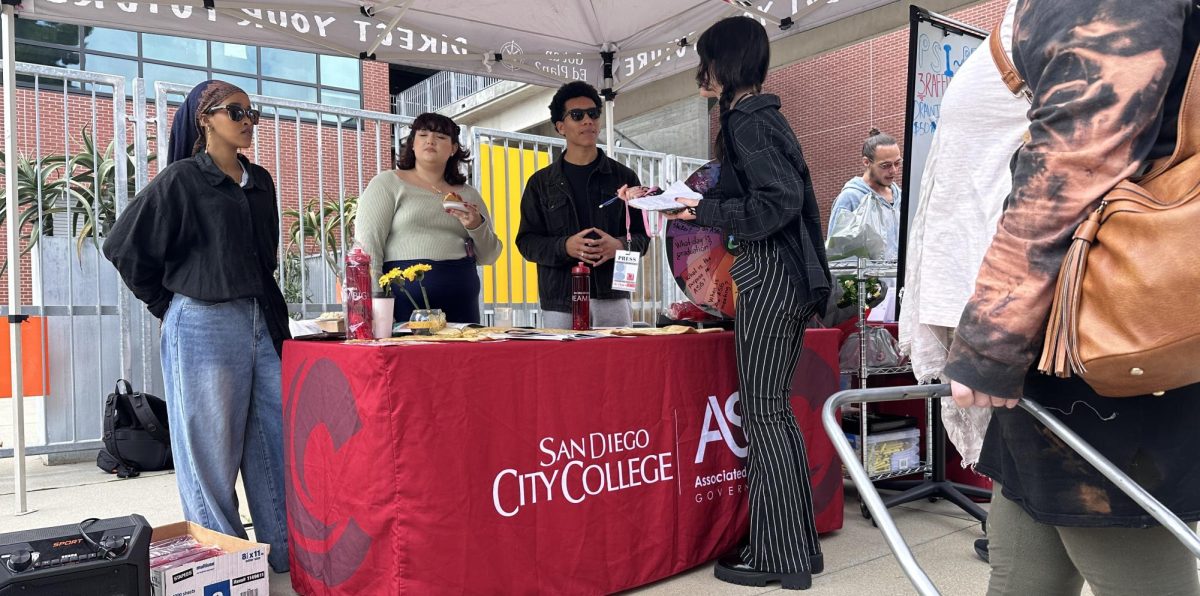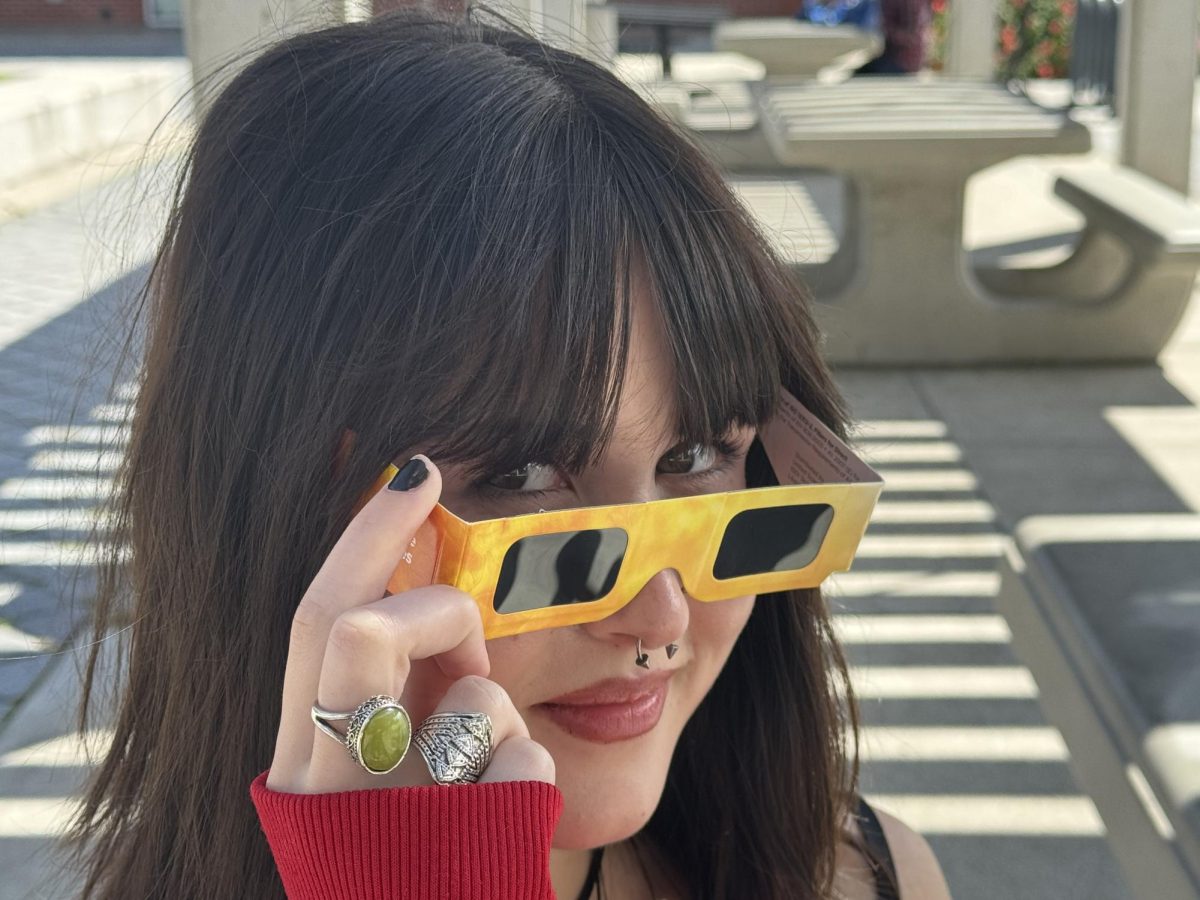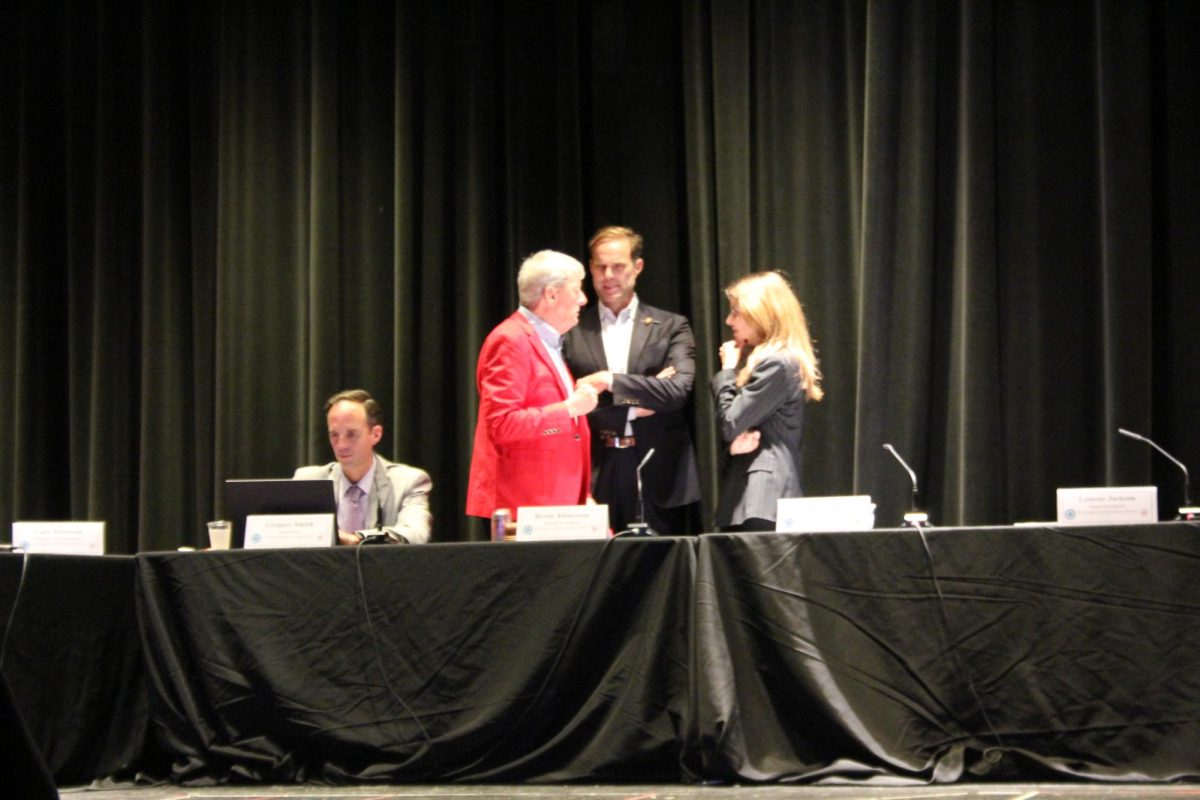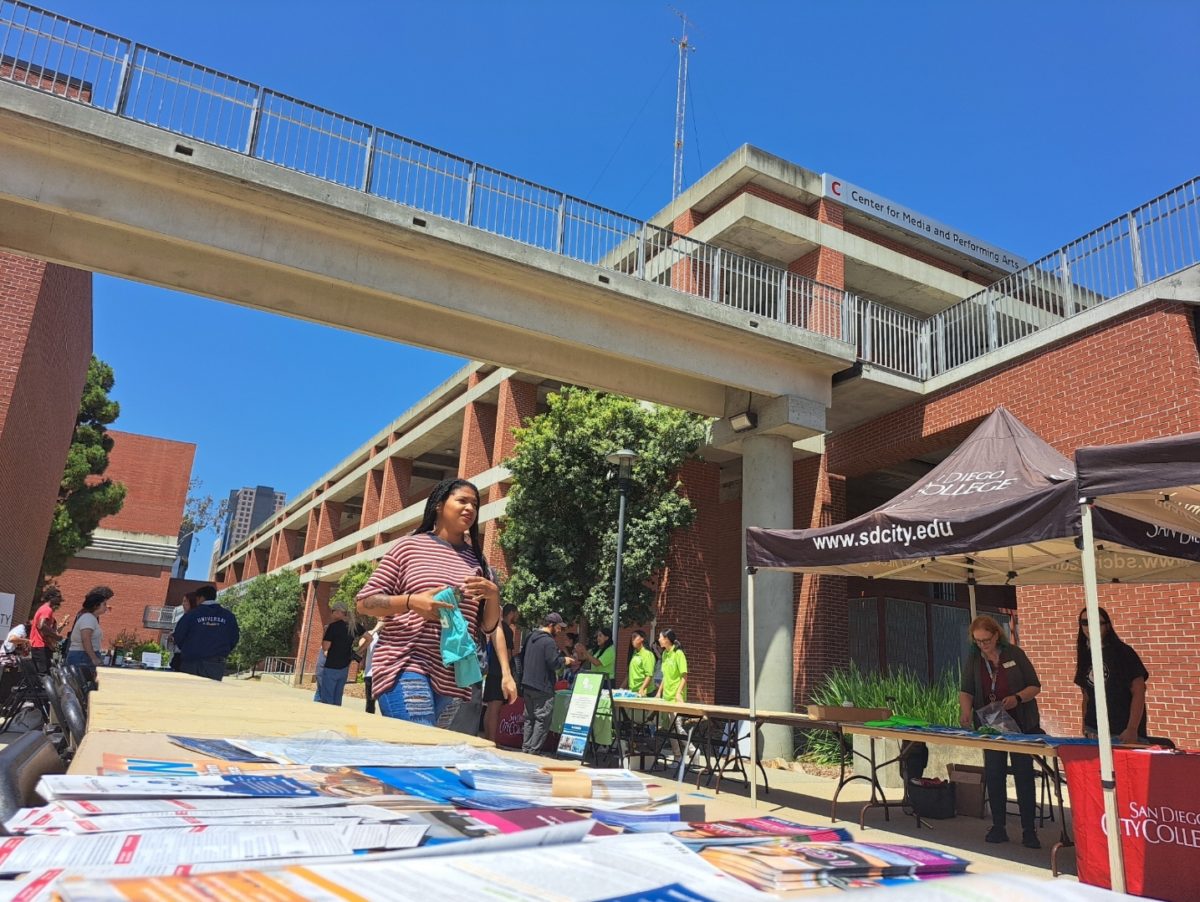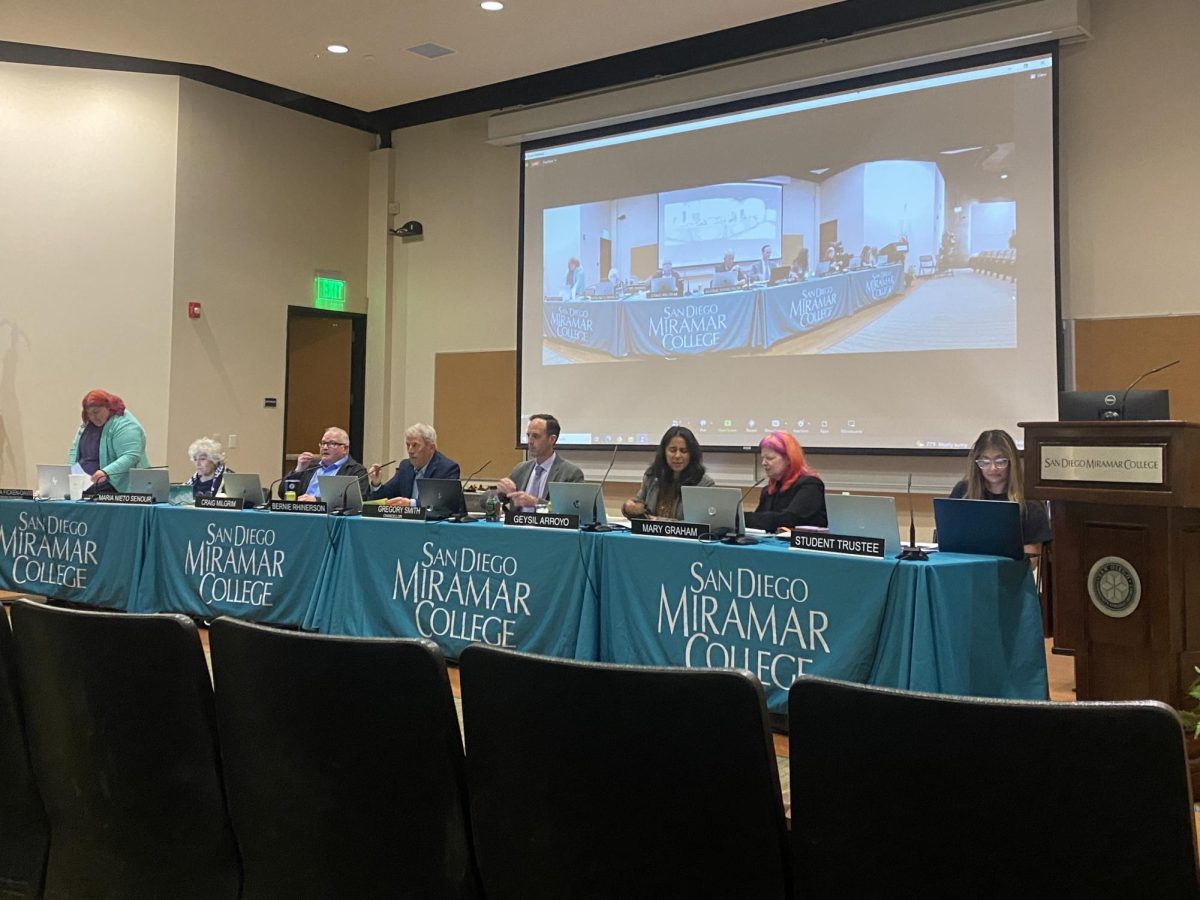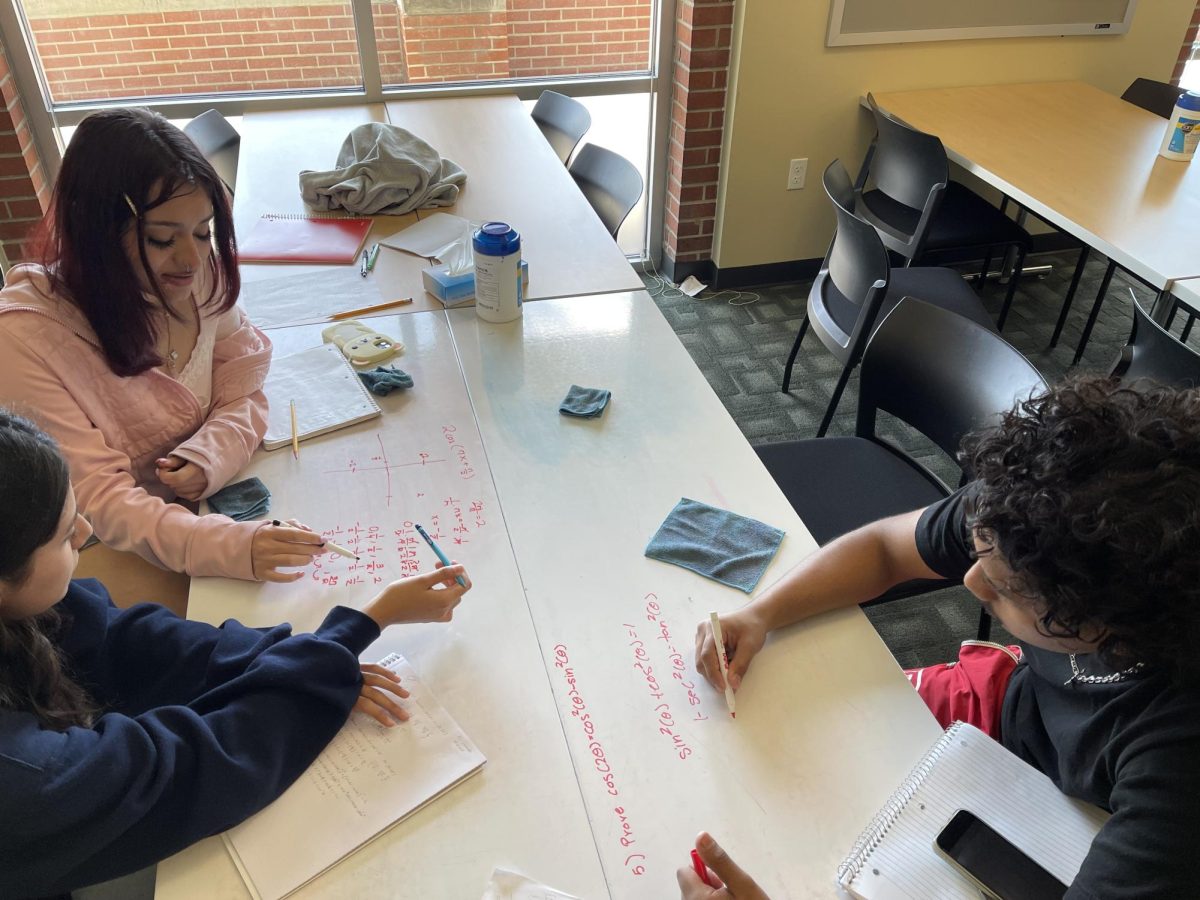Nov. 4 is the day. After the controversial debates, battled endorsements, tough arguments and crude advertising the battle to become our next president will begin to settle Nov. 4.
Campaigns attempt the most to expose the presidential nominee’s leadership ability and their party’s game plan, but during all this, it feels more like holding your breath until the elections are over.
This feeling doesn’t just befall politicians, diplomats or high-end corporations. With a combination of the economy and the Iraq war the tension has spread widely among people and throughout the globe. America’s 2008 elections are pinching everyone’s nose. Student Karlo Rodriguez, 23, is also looking forward to the end of the elections but is glad his voice has had a weight. “I can make an impact.” He says. And regarding his decision on the candidate, “(I) hope to propel someone who is more beneficial.”
For many this is an end to a political duty, for some the beginning of one, and yet for others a chance to catch their breath and prepare to challenge the changes and decisions that begin with the new administration.
Professor Angela L. Romero strongly believes that “while regular and truly competitive elections are essential to a functional democracy, elections do not make a system democratic.” She goes on to explain, “The point is to emphasize to all citizens that casting a vote in this historic election 2008 is vital. But the rights and responsibilities of democratic citizenship do not end after the votes are cast. Democracy can and often is hijacked by the few, mostly wealthy members of society.”
Democratic or Republican, the same fate succeeds either candidate. After the polls close and the votes are tabulated the local and state poll propositions begin to roll in; and it could be a matter of hours before the next President elect and Vice-President elect are known. It is not until December that the President is chosen by the Electoral College.
Making it “official” starts with the inauguration of the president on Jan 20, along with the termination of the current President. The ceremony is convened by the Joint Task Force-Armed Forces Inaugural Committee. At noon the Chief Justice of the Supreme Court swears the new President elect into office whom takes his oath.
This happens in front of congress, the senate, diplomats, foreign representatives and dignitaries along with the rest of the world. On that day the President is granted permission to start running the country and tend to his many duties.
There’s different ways to stay active in our government after the elections. Rodriguez does it by sending letters to his representatives and “talking to them” on issues he sees important. He also believes some issues are beyond his control, but agrees that locally we can make a difference.
Romero also suggests, “.at a very minimum everyone keep themselves informed by reading and listening to a broad range of media.” “I particularly recommend independent media, whose existence and vitality are essential for meaningful democracy.”
Most importantly, Rodriguez pointed out, “There’s something we can all do in our every day lives.” Rodriguez, a materials engineering student, hopes to do this by creating more efficient solar panels and semi-conductors, which conserve energy and help the environment.

